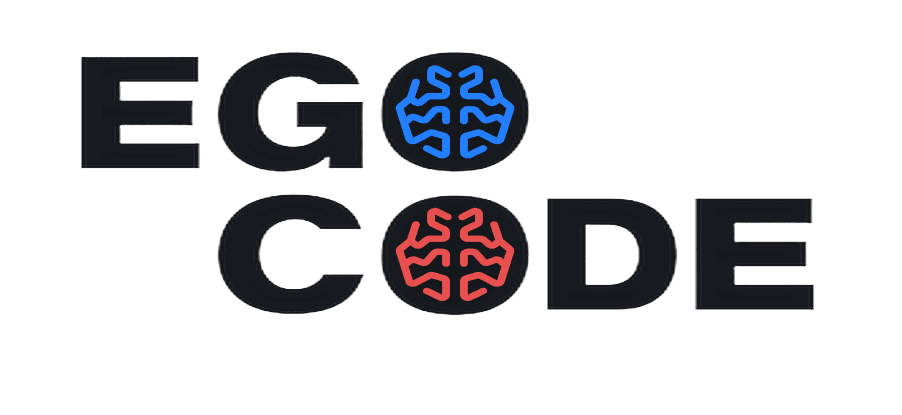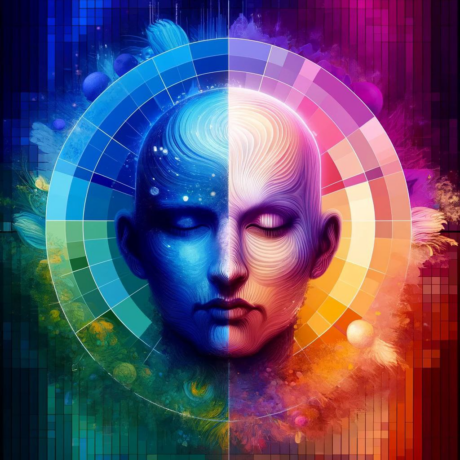Description
1. Preliminary Analysis of EGO Code EGO Code Criteria Values: AGE: 0.66 X (Masculine): 0.444 Y (Feminine): -0.777 Z (Persona): 0.111 X0 (Animus): -0.444 Y0 (Anima): 0.777 Z0 (Shadow): -0.777 CHARACTER (Jungian Type Indices): [I (Introversion): 0.23, E (Extraversion): 0.77, S (Sensing): 0.88, N (Intuition): 0.12, F (Feeling): 0.33, T (Thinking): 0.67, P (Perceiving): 0.01, J (Judging): 0.99]
2. Analysis of Criteria for Deviations and Interactions Key deviations in the EGO code suggest significant personality dynamics: Predominantly Extraverted (E: 0.77) with a strong Judging (J: 0.99) preference underscores a personality that is socially outgoing and favors structured, organized environments. High Sensing (S: 0.88) paired with low Intuition (N: 0.12) indicates a focus on concrete, practical information rather than abstract concepts or future possibilities. The negative Feminine (Y: -0.777) coupled with a negative Animus (X0: -0.44) suggests potential issues in integrating traditionally masculine traits, possibly leading to conflicts in expressing aggression, assertiveness, or leadership.
3. Integration of Character Based on Jungian TYPE The Jungian type most closely aligned with these traits is ESTJ (Extroverted, Sensing, Thinking, Judging): Extroversion and Judging indicate a personality driven to lead, organize, and manage, gaining energy from social interaction and preferring decisive actions. Sensing and Thinking suggest a preference for dealing with the world in a logical, practical manner, with a focus on the immediate and tangible.
4. Statistical and Psychoanalytic Conclusions Psychological Characteristics: Leadership and Practicality: The strong extravert and judging characteristics predispose him to roles of leadership and responsibility, favoring structured approaches and practical solutions. Integration of Masculine and Feminine Traits: Conflicts between his scores in masculinity and negative feminine traits suggest difficulties in emotional expression and integrating sensitivity, which might cause internal and relational tensions.
Developmental Needs and Recommendations: To enhance integration of his traits, activities like team sports, leadership roles in community service, or therapy focused on emotional expression could be beneficial. Strengthening intuitive capabilities through activities that challenge his abstract thinking, such as strategic games, reading fiction, or engaging in philosophical discussions, may provide balance to his highly practical mindset.
Conclusion
This man’s EGO code description paints a picture of a decisive and practical individual, thriving in structured and dynamic environments, with emerging challenges in emotional and intuitive processing. He needs to embrace and integrate these less developed aspects to achieve greater personal harmony and effectiveness in his interpersonal relationships. The systemic relationships highlighted in the EGO-AI RGB model encourage a focus on understanding and cultivating undeveloped traits to ensure a well-rounded personality development, aligned with both his conscious aspirations and unconscious tendencies.



